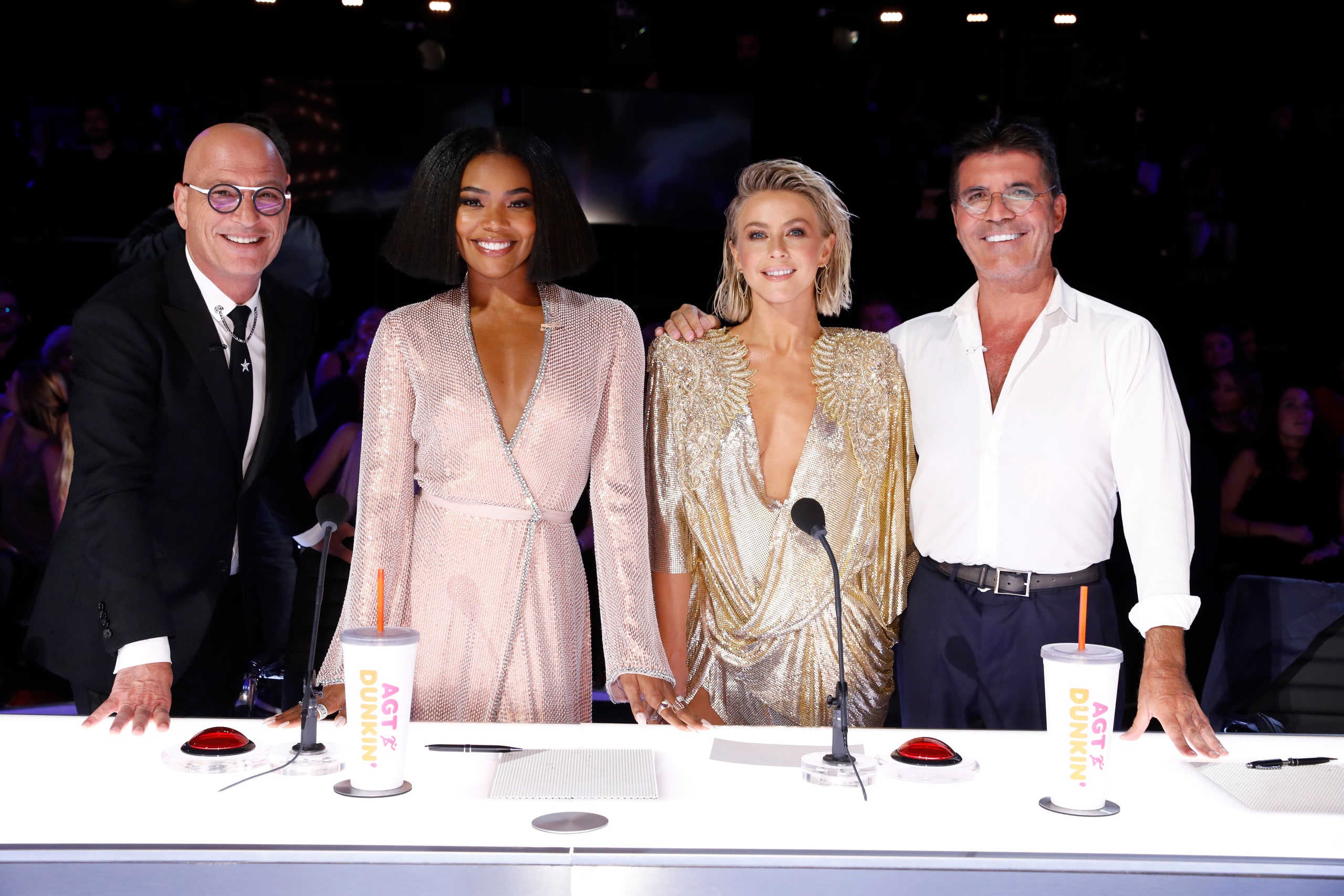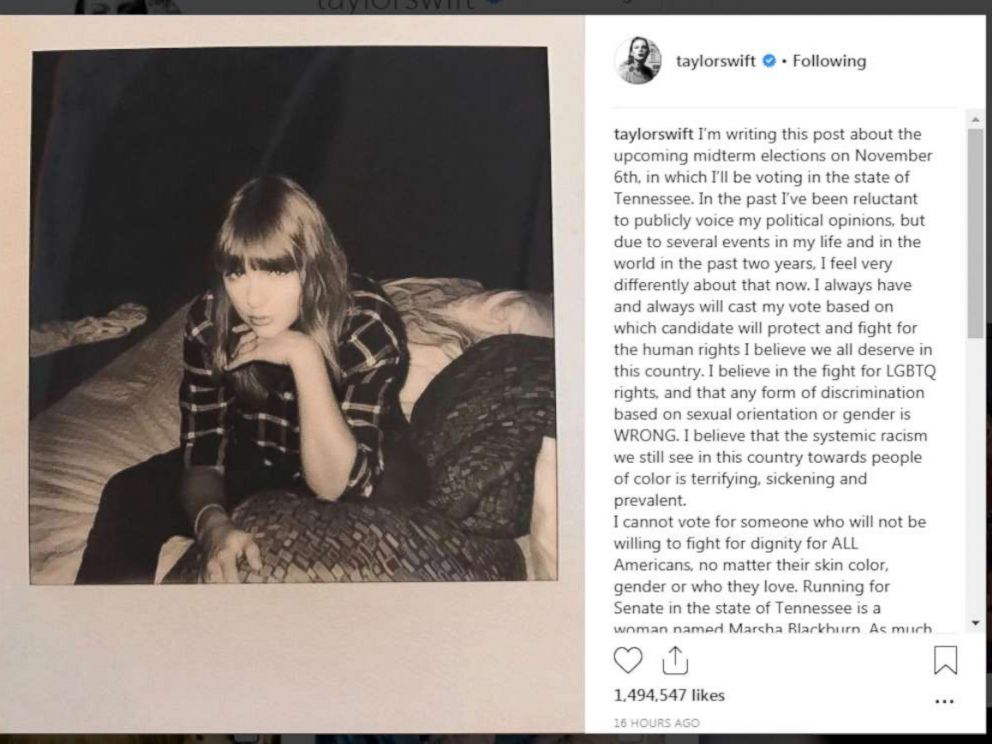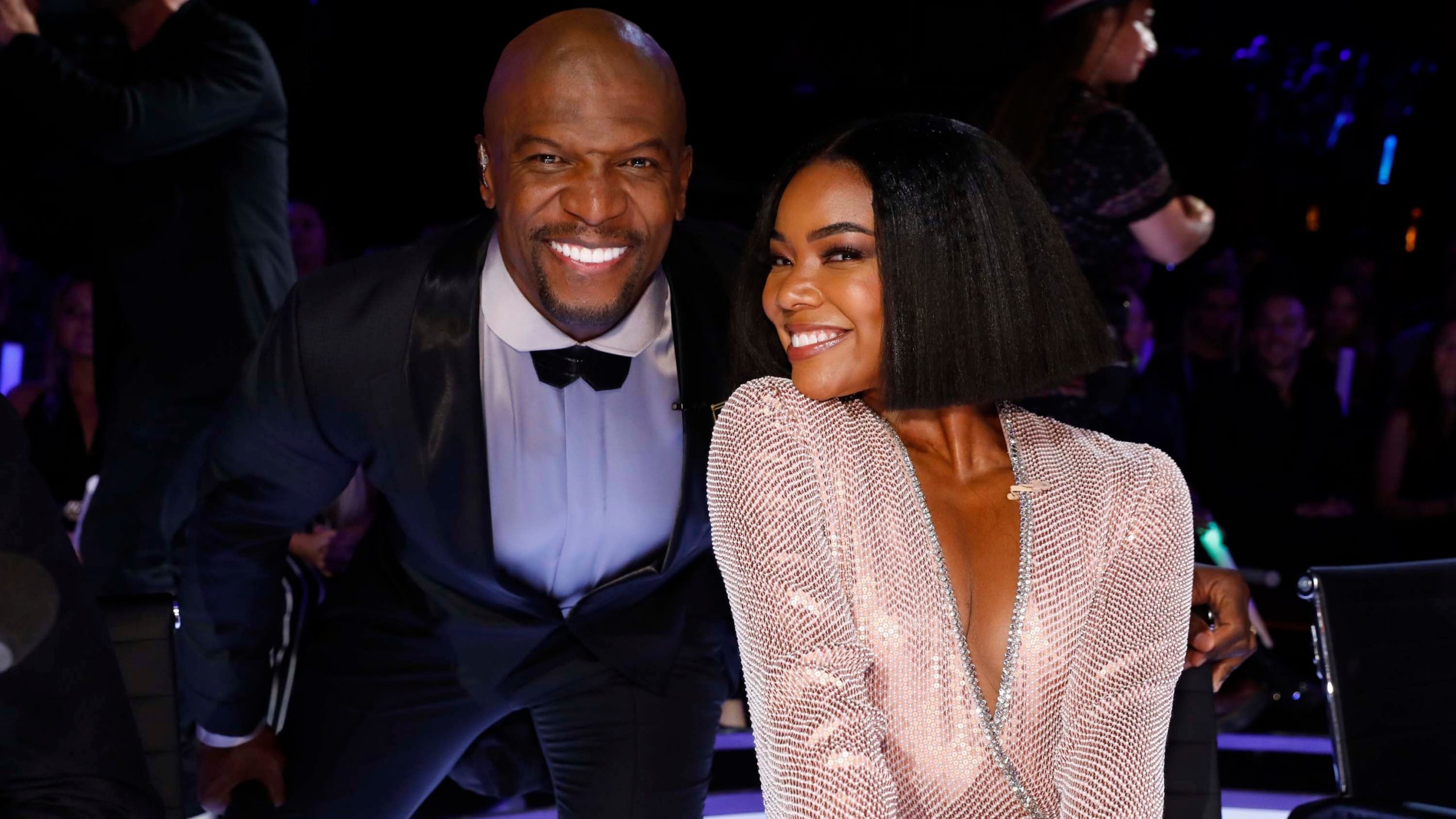The idea of a celebrity or famous person speaking out about a social issue is not new. Public figures walk amongst us, they live amongst us and they experience life amongst us. From South Africa’s history of Apartheid and the use of theatre, performance and art to spread messages about what is happening in the country, to sports-stars such as Muhammed Ali, Tommie Smith and John Carlos actively speaking out in interviews and raising their fists in solidarity with what they believe in; being famous, particularly in this century, does not deter anyone from raising awareness for issues, in fact, it might be the reason why others do so in the first place. Ever since June 2020, due to continuous pressure from the public, celebrities and public figures have been upfront about their support for issues such as #BlackLivesMatter and have faced backlash for centring themselves when it comes to the hardship that everyday citizens face, case in point the reaction to the “Imagine” video from early 2020. Facing societal issues of our own in South Africa, celebrities have often been used in campaigns to speak out about important issues, penning posts or tweeting hashtags that have trended, particularly the passing of women in the country in relation to Gender-Based Violence. As more public figures become intentional and direct with their words, there is a disparity between the pressure to speak out and the neutrality that they often take in the midst of those statements, just so they don’t cause conflict or receive backlash. It is even far more dangerous to speak out and remain ‘neutral’ by condemning ‘violence’ or ‘hate’ but not addressing where it stems from or the systemic issues that people are fighting against. There are far too many “let’s hear both sides” that come from public figures when their own colleagues or employers are accused of perpetuating systemic issues through their actions.

Following Gabriel Union’s statements and accusations of sexism and racism against her employer, channel NBC and the show America’s Got Talent, Terry Crews was asked to comment on those revelations and he replied, “I can’t speak for sexism, because I’m not a woman but I can speak on behalf of any racism comments. That was never my experience on America’s Got Talent.” He ended off by saying, America’s Got Talent is “the most diverse place I have ever been in my 20 years of entertainment”. So, maybe celebrities shouldn’t speak? At a first hurried glance, this message may seem appropriate and could be framed as just Crews’ own point of view; it speaks to his perspective and what he knows to be true. However, as I look closer at the words and listen to what the message actually says, I realise that an injustice has been committed towards Union and this only perpetuates one idea that has since been the result of another symptom of systemic issues, that when you experience sexism or racism, you might be imagining it or blowing it out of proportion because others have not had that experience. This is regardless of whether this was Crews’ intention or not. Perhaps, there is an education that is missing for all of us, regardless of proximity to fame. There are certain things and knowledge we are not privy to based on our experiences and education. However, the idea of silence is not the ideal solution either. It was not until recently that Taylor Swift was considered someone who was “neutral” and silent to politics because she never made any official statements regarding any particular party or affiliation. This led to the public assumption that she did not care about the issues that affect her fans such as racism, particularly in recent American history. She has since come out and endorsed candidates in the past American elections, making her political beliefs known.

The benefits of this silence are that it may help curtail the spread of misinformation or propaganda via the celebrity matrix, however, it also perpetuates the idea that neutrality is a viable option in the face of injustice. There needs to be far more intention and direction given when one speaks up about what is affecting others and who is responsible. There is never a “both sides are equal” situation when it comes to oppression or systemic issues. There is a certain level of education, knowledge or lived experience that one needs to stand behind when they speak to large audiences about pertinent social issues and public figures have been afforded a lot more grace than the average person when it comes to how accurately they speak on this issues, and even whether they speak at all. This is not to say that we should look to celebrities to be leaders in global matters, however, everyone has a responsibility to use whatever power they have to push equity and justice forward. Teachers have an audience of learners, politicians have an audience of citizens and celebrities have an audience of media consumers. The pressure is on to learn, today.




















































